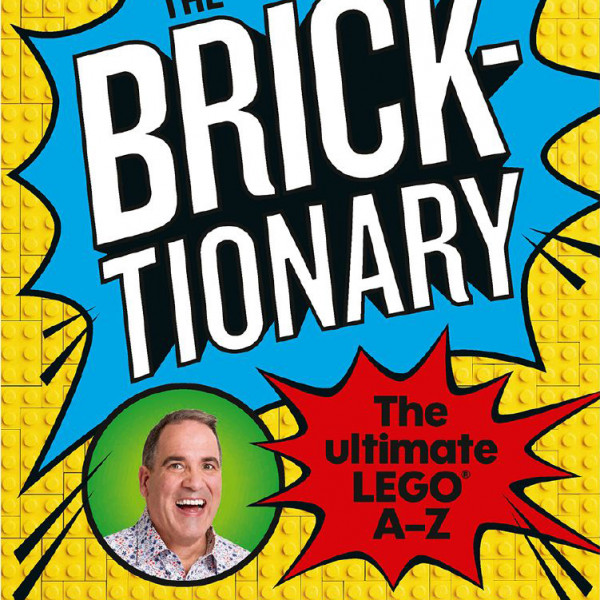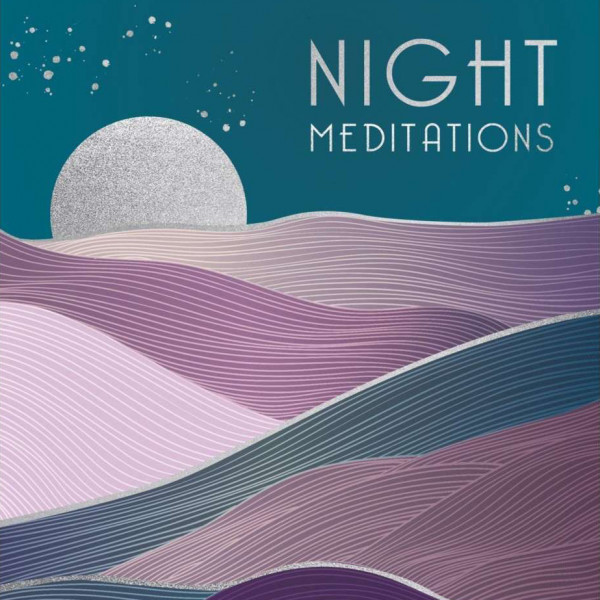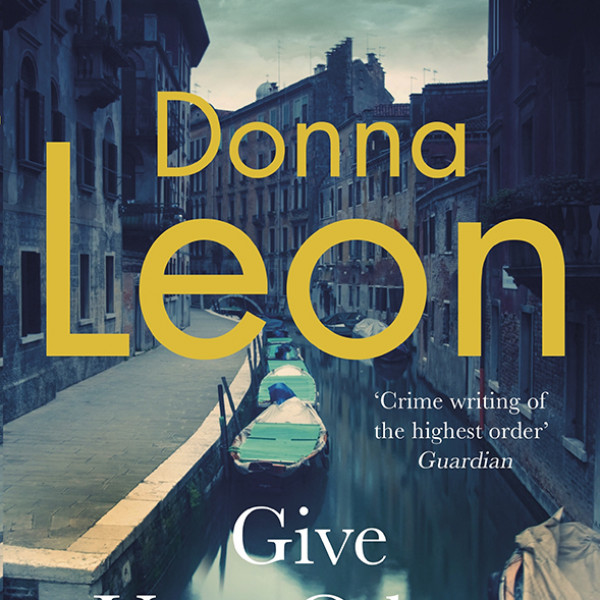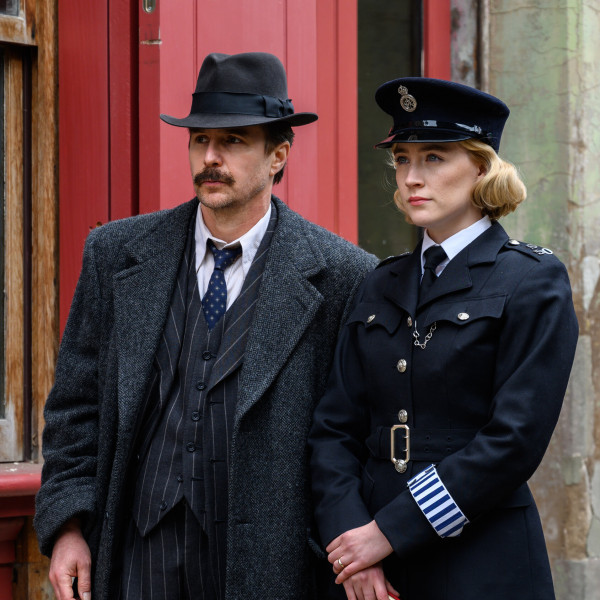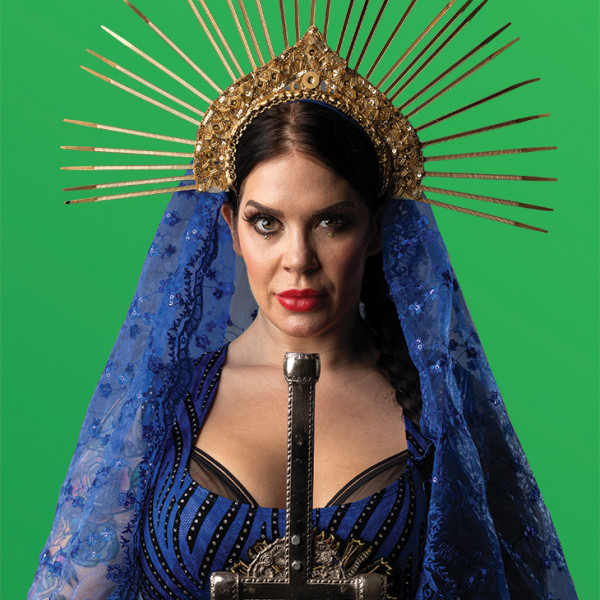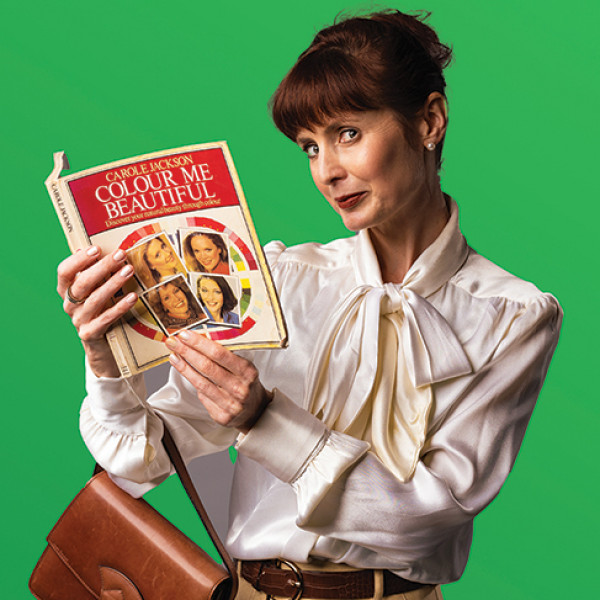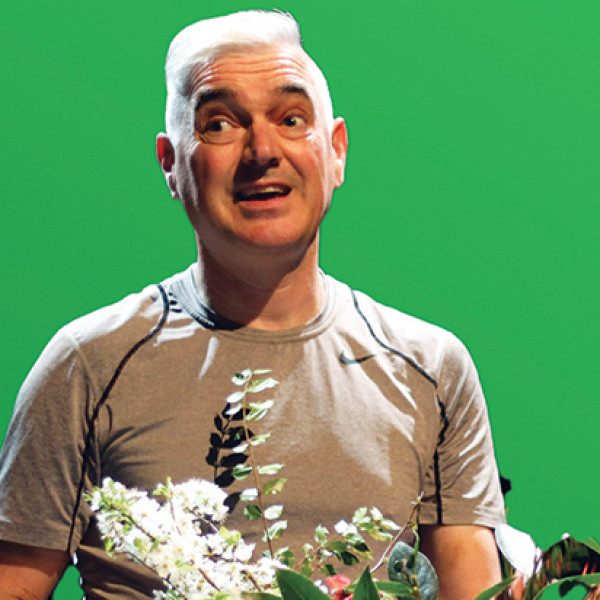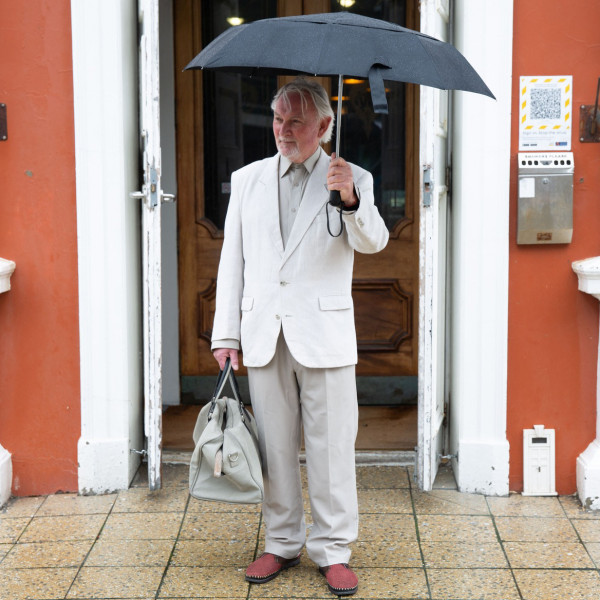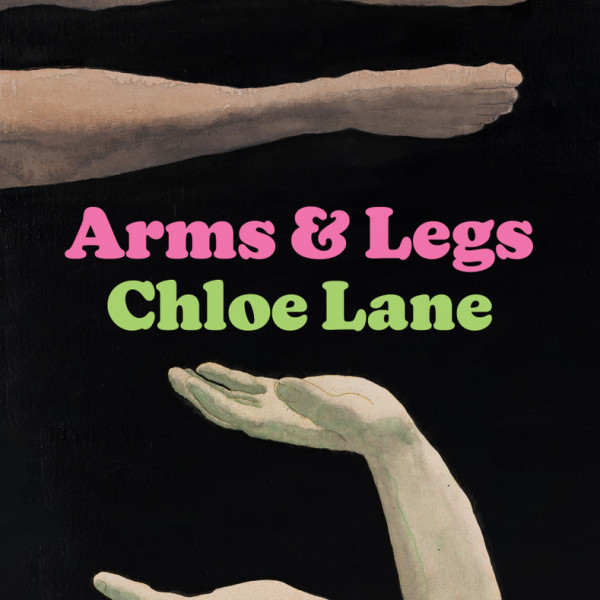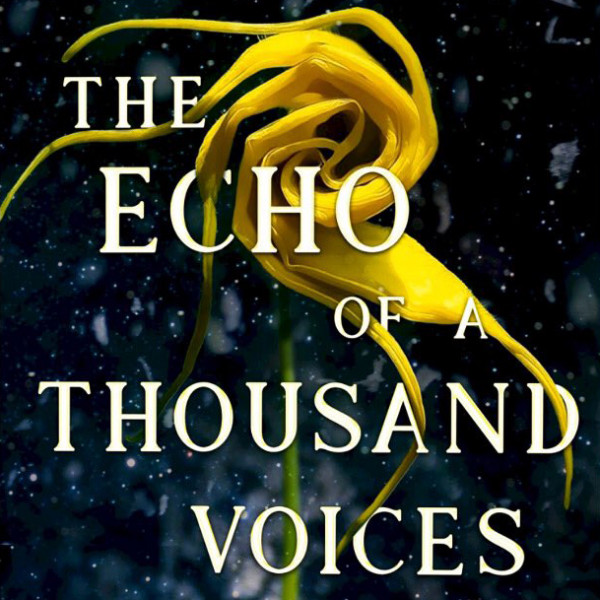
Why Are My Parents So Boring?
Written by: Dan Bain
Directed by: David Ladderman
Tararua Tramping Club, 4th Oct 2022
Reviewed by: Tania Du Toit
What a fun silent show for the kids! My four-year-old (going on 40) son absolutely adores the characters and laughs from his belly as the cast members Laurel Mitchell, aka Mum, and Riley Brophy, aka Dad, start engaging the audience even before the show starts by looking for their oh-so-bored son, portrayed by Damon Manning. The kids all get involved in the hunt and their reactions are so funny.
This KidzStuff Theatre for Children production is suitable for all ages and has every child and parent laughing and participating. It really paints the picture of boring parents and an active, imaginative child. There are some unexpected surprises and tricks that keep you engaged – so much so, that my poor potty-training son almost didn’t go to the loo during the show, because he didn’t want to miss out on anything!
The costumes and props, created by Amalia Calder and David Ladderman, are great and well designed to change with the scenes. Amalia and Chrysalynn Calder did a great job with the sound effects and music, which bring the actions of the characters to life. I also have to mention that the theatre itself is very welcoming and upon entering, you get a whiff of freshly popped popcorn for sale as well as some lollies, and you get a very warm greeting from Tom Kereama. The seating area is versatile, and you have a choice of sitting in rows, along the wall, or even on the carpet right in front of the stage.
I loved asking my son what his favourite part of the show was. He answered that the kite was his favourite. It was pure magic to him, and based on the reaction of the other children, it definitely made an impression.
Why Are My Parents So Boring? is well worth a watch these school holidays!







